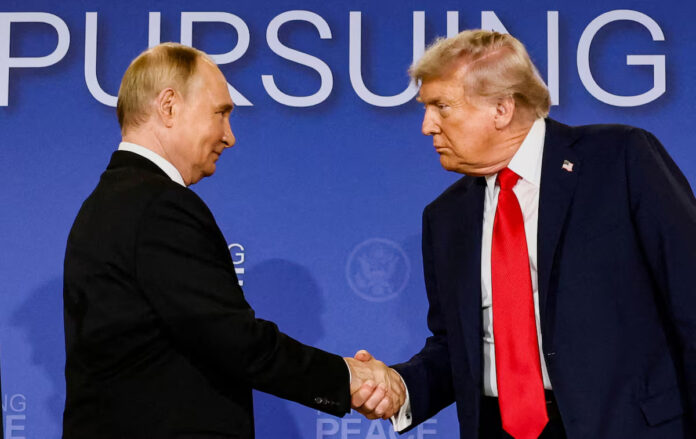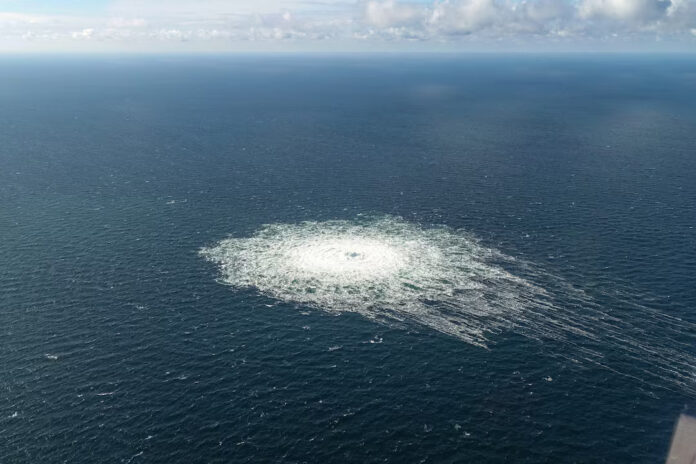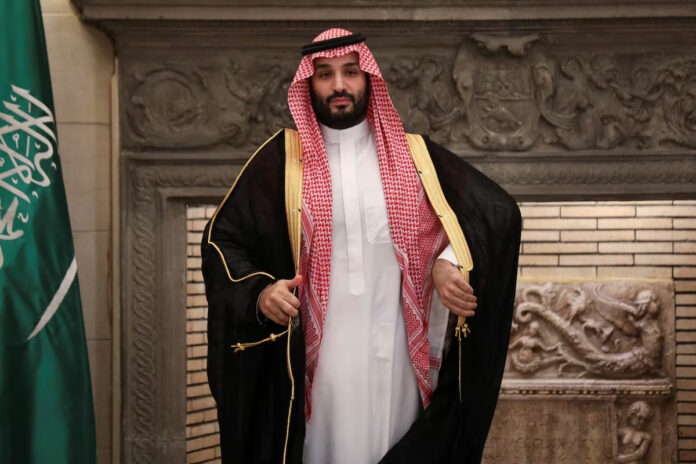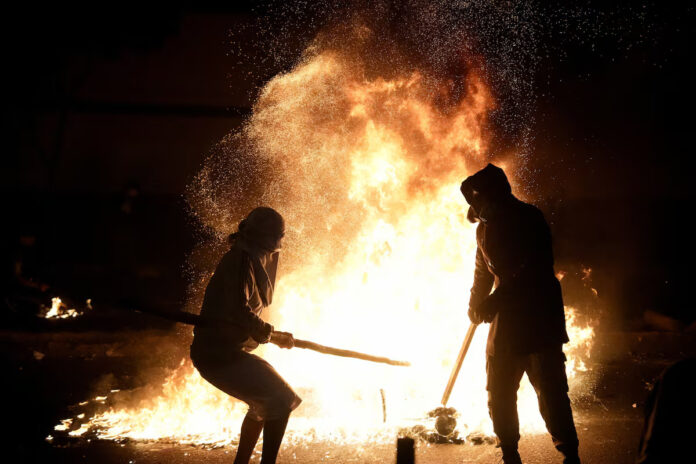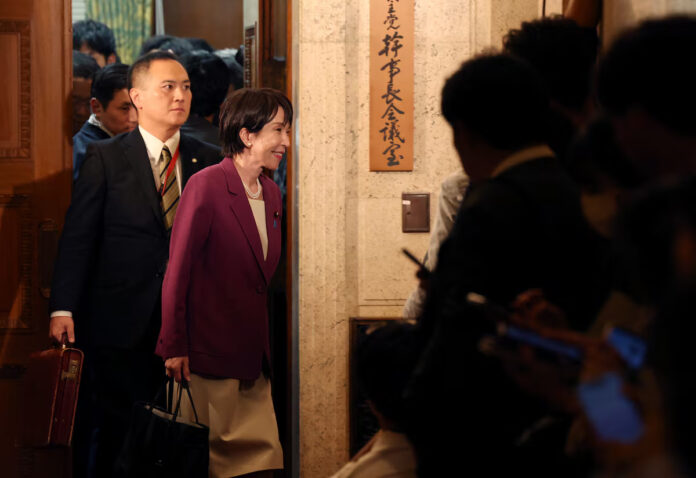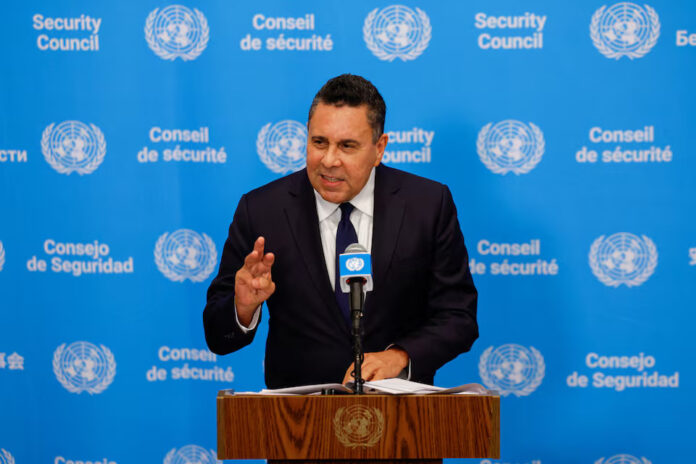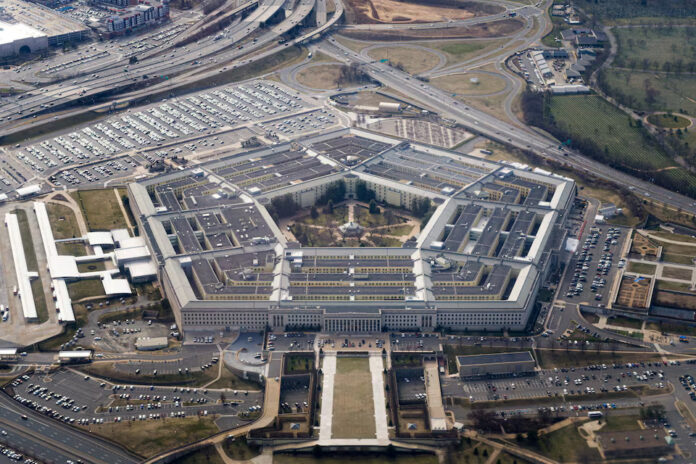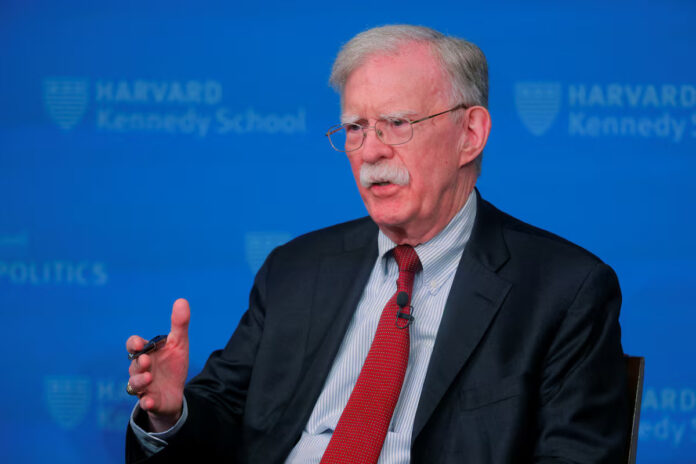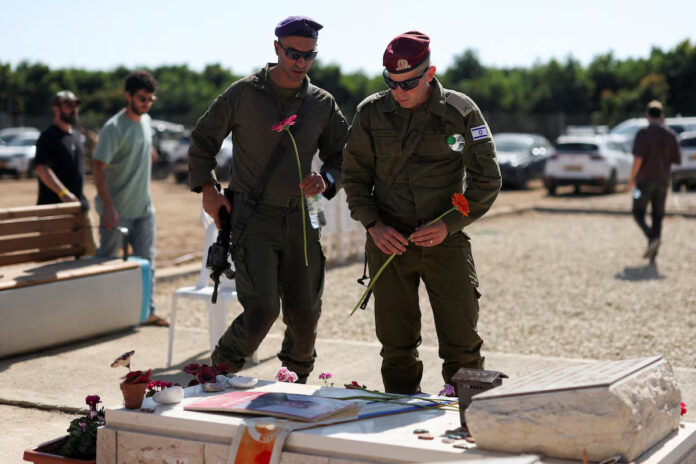U.S. President Donald Trump announced on Thursday that he and Russian President Vladimir Putin have agreed to hold another summit focused on ending the war in Ukraine, a surprise development that came as Moscow expressed alarm over potential new U.S. military aid to Kyiv.
Speaking to reporters at the White House after a more than two-hour phone call with Putin, Trump said the two leaders may meet within the next two weeks in Budapest, though no exact date was provided. The Kremlin confirmed plans for the summit.
“My whole life, I’ve made deals,” Trump said. “I think we’re going to have this one done, hopefully soon.”
The announcement came just ahead of Ukrainian President Volodymyr Zelenskiy’s visit to Washington on Friday, where he is expected to press for additional U.S. support, including long-range Tomahawk missiles capable of striking deep into Russian territory.
While the White House had recently signaled readiness to approve new military support for Ukraine, Trump’s conciliatory tone following his call with Putin cast doubt on the timing and scale of any such assistance.
The shift rekindled European fears that Washington could ease pressure on Moscow in pursuit of a peace deal.
Since taking office in January, Trump has alternated between threatening tough measures against Russia and pulling back after discussions with Putin.
A previous attempt to broker a ceasefire at an August summit in Alaska yielded no results. Analysts say Putin may again be seeking to buy time and weaken U.S. resolve.
“Putin is trying to derail the momentum toward greater pressure on Russia,” said Dan Fried, a former senior U.S. diplomat. “The chances of moving toward a ceasefire by pushing Russia to get serious seem to have diminished.”
According to Kremlin aide Yuri Ushakov, Putin cautioned Trump during their call that providing long-range missiles to Kyiv would harm peace efforts and damage U.S.-Russia relations.
Trump later quipped to reporters, “What do you think he’s going to say, ‘Please sell Tomahawks’? No, he doesn’t want them given to Ukraine. They’re a vicious weapon.”
Zelenskyy, already in Washington ahead of his meeting with Trump, said Moscow’s sudden openness to dialogue showed “it is on the defensive.” He wrote on X, “We can already see that Moscow is rushing to resume dialogue as soon as it hears about Tomahawks.”
The planned Budapest meeting has drawn scrutiny, given Putin’s limited travel options due to an international arrest warrant over alleged war crimes. The location also highlights Hungary’s growing distance from NATO allies and its warmer ties with Moscow.
Hungarian Prime Minister Viktor Orban, a close Trump ally and one of Europe’s most Russia-friendly leaders, welcomed the upcoming summit. “The planned meeting between the American and Russian presidents is great news for the peace-loving people of the world,” Orban posted on X. “We are ready!”
Preparations for the summit will follow talks next week between U.S. Secretary of State Marco Rubio and Russian Foreign Minister Sergei Lavrov, though the venue has yet to be announced. Trump said he would brief Zelenskyy on the Russia talks during their Oval Office meeting on Friday.
Despite diplomatic overtures, the war shows no signs of abating. Ukraine reported massive overnight Russian attacks on Thursday involving more than 300 drones and 37 missiles targeting energy infrastructure.
Kyiv retaliated with strikes on Russian oil facilities, including one in the Saratov region.
Ukraine has repeatedly asked for long-range missiles that could put Moscow and other major Russian cities within range, arguing that expanded strike capability is key to forcing Russia into genuine negotiations.
Meanwhile, Trump said India had agreed to curb its purchases of Russian oil, claiming Prime Minister Narendra Modi had made the commitment in recent talks.
India has not confirmed such an agreement, and along with China remains one of Moscow’s largest trading partners.
As preparations advance for the Trump-Putin Budapest summit, analysts say the meeting could either mark a turning point in efforts to end the conflict,or a moment that tests U.S. credibility among its allies.
Source: Reuters
Written By Rodney Mbua









